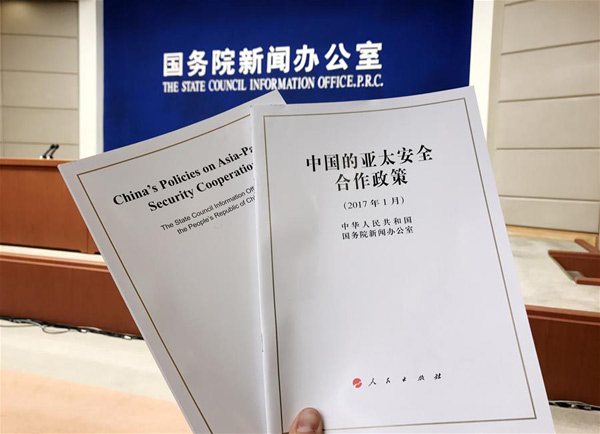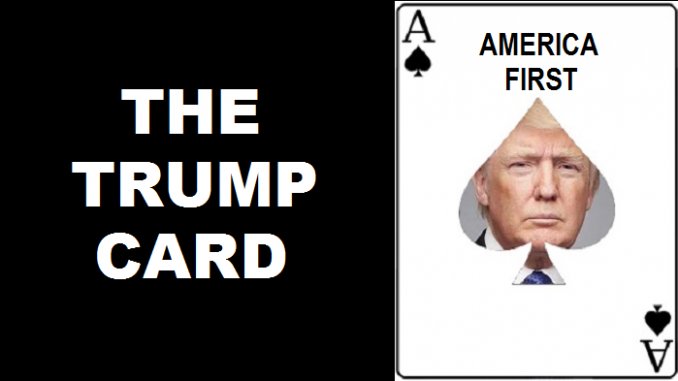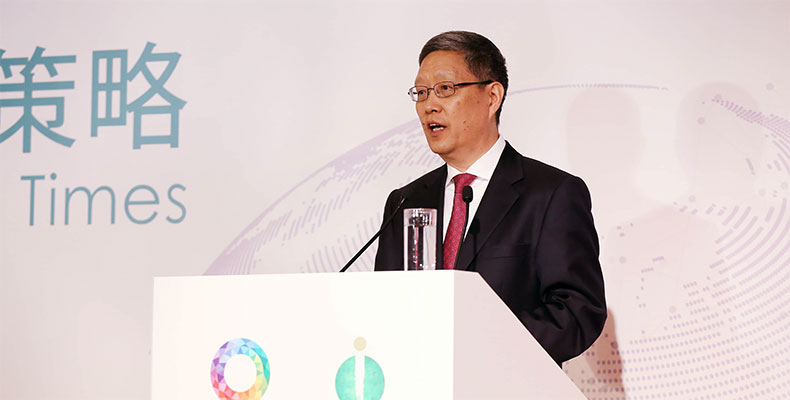Matt Ferchen, Nonresident Scholar, Carnegie-Tsinghua Center for Global Policy
Feb 07, 2017
Even before the election of Donald Trump or Xi Jinping’s debut at the World Economic Forum in Davos, two mutually contradictory frameworks for understanding China’s international economic and geopolitical influence, one emanating from increasingly hawkish U.S. pundits and the other from China’s top leaders, had taken shape. However, by recognizing and even embracing the complexity of China’s domestic and international political economy, new opportunities for productive engagement may replace growing strategic competition.
Richard Javad Heydarian, Professorial Chairholder in Geopolitics, Polytechnic University of the Philippines
Feb 06, 2017
Duterte, whom some have dubbed as the “Trump of the East”, made it clear that he feels a sense of personal affinity with the new American leader, whom he has described as a kindred spirit, a fellow strongman and anti-establishment populist. There are, of course, legitimate concerns about the possibility of things spiraling out of control if and when mercurial and larger-than-life figures like Duterte and Trump collide. For now, however, Manila is optimistic about a diplomatic reset with its oldest friend, America.

Beth Smits, PhD candidate, Paul H. Nitze School of Advanced International Studies (SAIS), Johns Hopkins University
Feb 06, 2017
In January 2017, China released a document that helps interpret the policy goals of President Xi Jinping, particularly his speech in May 2014 where he promoted, “New Asian security concept for new progress in security cooperation.” The Trump administration should take note of three points in the new document: China’s country relations, the South China Sea, and the conspicuous absence of certain information, as each will have a critical role in U.S.-China relations.

Dean P. Chen, Associate Professor of Political Science, Ramapo College of New Jersey
Feb 06, 2017
The inauguration of President Donald J. Trump on January 20, 2017 suggests that U.S. foreign policy is moving away from the Wilsonian liberal internationalism, which has guided American foreign policymaking since the end of World War II, toward the “America-first” Jacksonian populism.
Kemel Toktomushev, Research Fellow, University of Central Asia
Jan 27, 2017
Despite the benevolent ambitions of building a “community of common destiny,” the question remains open to what extent it is an attainable goal or rather a utopian objective. China shares border with 14 states all of which are very different: in geographic size, economic development, socio-political cohesion and degree of influence in the international arena.
Kaiser Kuo, Host, Sinica Podcast
Jan 26, 2017
A spectre was haunting Davos, and its name was Donald Trump.

He Yafei, Former Vice Minister of Foreign Affairs
Jan 25, 2017
He Yafei, a former top Chinese diplomat, dissects globalism under attack and China's pursuit of a growing leadership role in global governance. Mr. He also offers his insights on what China can do to manage its ties with the Uwith the Trump administration.
Wu Zurong, Research Fellow, China Foundation for Int'l Studies
Jan 25, 2017
China and the U.S. are so different in political system, cultural tradition and history, it is no easy job to find areas of governance in which the two countries can share experiences and lessons. But Trump’s wish to give power back to the people is a golden opportunity to try.
Huang Jing, University Professor at Shanghai International Studies University
Jan 24, 2017
In the long term, institutional guarantees that offer multilateral mechanisms for cooperation, development, mutual benefit and win-win, are essential for countries develop a sustainable community with a shared future, thus laying down a solid foundation for peace and development. That should be China’s message to the world, despite challenges from Trump’s expected protectionism, the weight of US national debt and anti-globalization movements.
Richard Javad Heydarian, Professorial Chairholder in Geopolitics, Polytechnic University of the Philippines
Jan 24, 2017
Since his election in mid-2016, the Philippines’ tough-talking mayor-turned-president, Rodrigo Duterte, has lavished Russia with praise. Moscow’s rapprochement with Manila is part of a broader effort by the Eurasian powerhouse to assert its long-diminished strategic presence in the Far East and the Western Pacific, including in the South China Sea.
Back to Top

- China-US Focus builds trust and understanding between the U.S. and China through open dialogue among thought leaders.
- Our Offerings
- Topics
- Videos
- Podcasts
- Columnists
- Research Reports
- Focus Digest
- Stay Connected
-
Thanks for signing up!
- Get the latest stories from China-US Focus weekly.